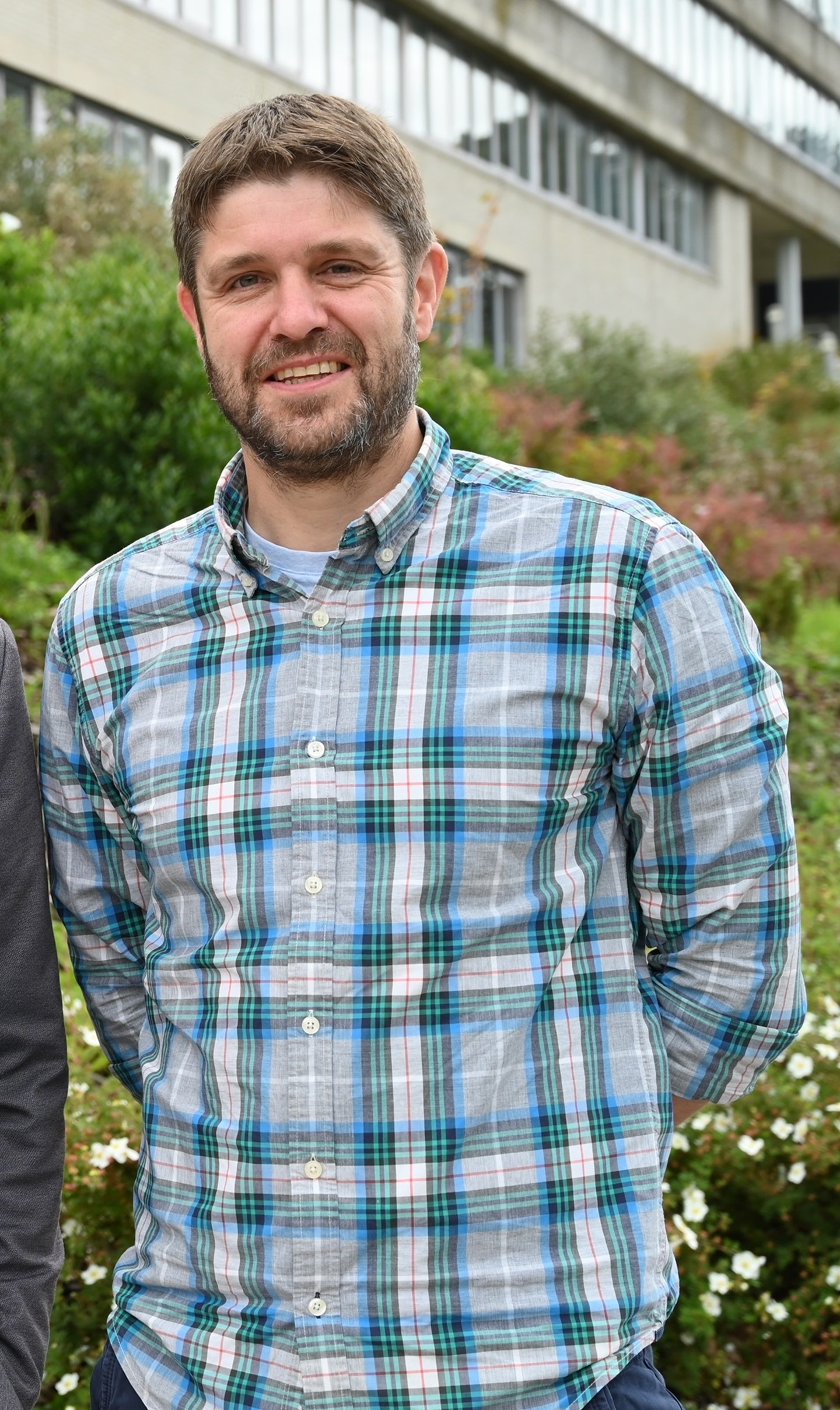Welsh language ‘marginal’ to government growth deals

Dr Huw Lewis, Aberystwyth University
25 July 2025
Regional growth deals across north and west Wales have given only ‘marginal’ consideration to the Welsh language to date, according to research by an academic from Aberystwyth University.
The new findings come from a review of economic development policy documents by Dr Huw Lewis that highlights that lack of consideration of the Welsh language in the process of developing growth deals in the north, mid and south west of Wales.
City and Growth Deals are funding packages that aim to support growth, create jobs or invest in specific local areas. Their development and implementation is led by consortia of local authorities, while core funding is provided by the UK Government and Welsh Government.
Dr Lewis's research findings also suggest that no serious consideration has been given to the work of the ARFOR programme to date as part of the development of the growth deals.
ARFOR was a joint initiative by Carmarthenshire, Ceredigion, Gwynedd and Anglesey Councils that looked to develop the economy to support the strongholds of the Welsh language, which ended in March this year.
In a recent response to the report of the Commission for Welsh-speaking Communities, the Welsh Government declared that it will 'consider opportunities to mainstream linguistic planning policy within wider economic policy'.
The growth deals are currently the subject of an inquiry by the Senedd's Economy, Trade and Rural Affairs Committee.
Commenting on the research findings, Dr Huw Lewis from Aberystwyth University's Department of International Politics said:
"Although ARFOR was designed with specific language objectives in mind, it is only one economic programme – and a relatively small one – from among a range of different initiatives.
"Moreover, it is likely that the long-term impact of other initiatives, such as the City and Growth Deals, are much more far-reaching than anything that can reasonably be expected from the ARFOR programme, given the much greater levels of public and private investment involved. Yet, thus far, it seems that the Welsh language has only been a marginal consideration in the development of these initiatives.
"If we want to fully understand the extent to which consideration of the Welsh language is integrated into the process of creating economic development policy, it is crucial that we do not focus solely on ARFOR. We need to consider the extent to which consideration of the Welsh language is also integrated in the process of shaping other economic development initiatives which are much larger and more long-term.
“More specifically, we should look at the extent to which other key economic development strategies or initiatives, such as the regional growth and city deals, have considered their potential to support areas which have a high density of Welsh speakers or to facilitate more use of the Welsh language on a day-to-day basis."
Dr Lewis' study also shows that there has been a gradual improvement in the level of consideration for the Welsh language in the Welsh Government's economic development strategies during the period between 2002-21. However, the research shows that this trend changed in 2023 when the Government's latest strategy was published.
Dr Huw Lewis from Aberystwyth University added:
"The prospects for languages such as Welsh can be influenced by decisions across all policy areas.
“The research findings show a clear difference between the level of consideration given to the Welsh language in the economic strategies published by the Welsh Government compared to the key documents produced when developing the north Wales, mid Wales and south west Wales growth or city deals. At that growth deal level, the language was peripheral to the policy.
“Given how important the economy is to the future prospects of the Welsh language it is hoped that the findings from this research can facilitate further discussion on how to mainstream the language into all economic development programmes overseen by the Welsh Government and our local authorities.”
The research was conducted as part of the work program of an 18-month research tender in which researchers from the Centre for Welsh for Politics and Society at Aberystwyth University have collaborated with Wavehill to review and evaluate the work of the ARFOR II programme.



